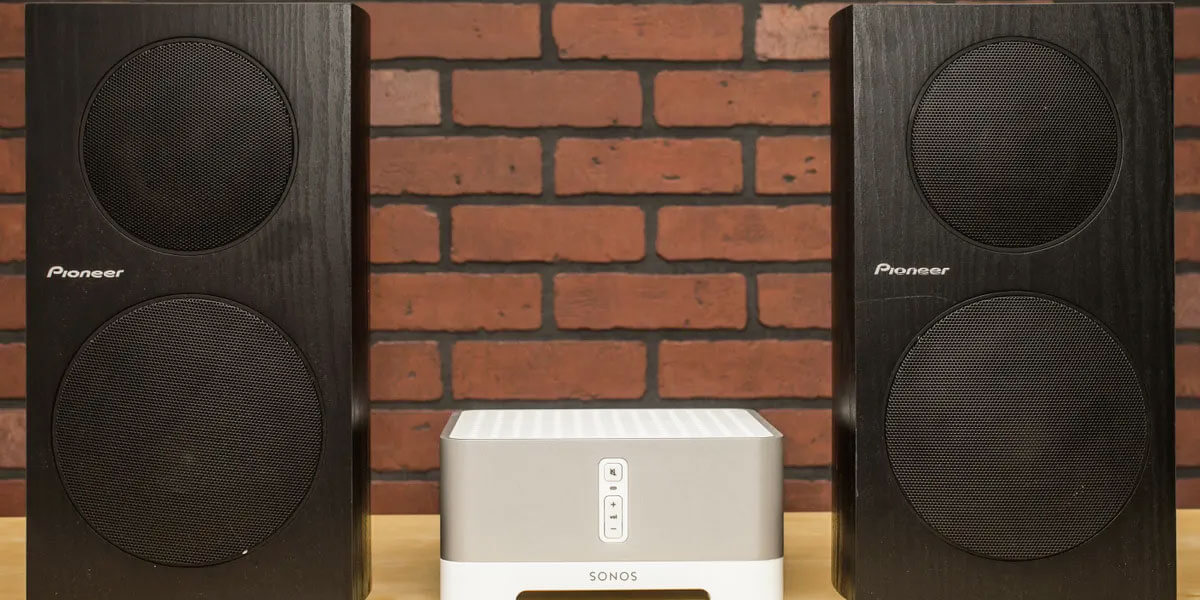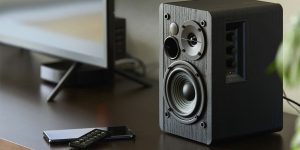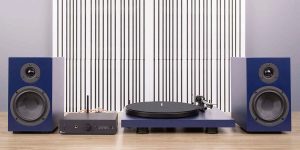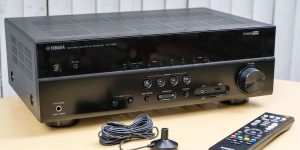Matching speakers with an amplifier or receiver is really not a big deal today, as manufacturers of both sides make the devices with approximately the same impedances. Thus, in most cases, plugging any speakers into any amplifier or AV receiver will end in success, and all the listeners will have no critical remarks about the sound. So then, if no matching amplifier to speakers guide is needed, what is the point of any worries on this topic?
Well, basically, it makes sense only for those who want to get the very best sound from their audio equipment. Therefore, this article will mostly be addressed to them and also to those who want to know more about the specifications and correct matching of speakers with an audio receiver or amplifier.
Do I need to match my amp with speakers?
Most of today’s home audio system components are roughly compatible with each other, so you will unlikely find the totally incompatible amplifier and speakers. Still, to get not just good or satisfactory but rather astonishing and exhilarating sound from your equipment, you must carefully match your speaker to an amp.
How to choose an amplifier or receiver for speakers
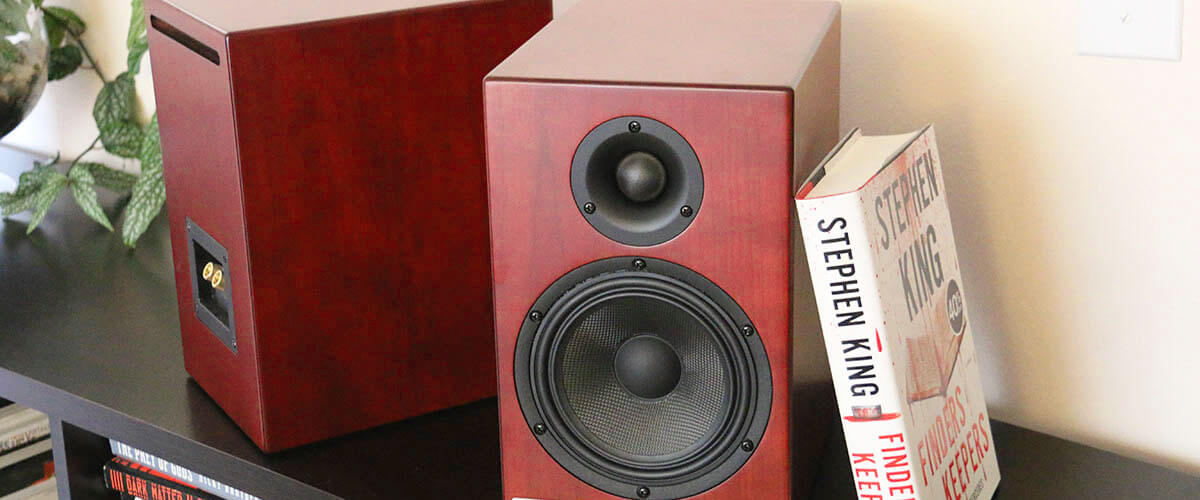
To match speakers with an amplifier correctly, you will need to follow the next recommendations.
Step 1. Impedance matching of speakers and amplifier
Firstly, you need to take care of matching speakers and amplifier impedance. I strongly recommend avoiding speakers with an impedance of 4 Ohms, considered low impedance. The thing is, such an impedance can cause a serious overload of the amplifier’s power supply if it’s not designed to work with it.
An AV receiver working with speakers of 6 to 8 Ohms’ impedance only is the most popular scenario nowadays. In this case, you definitely shouldn’t connect 4 Ohms speakers to it. However, it will still be ok and work fine even with such speakers, and the only requirement will be to be cautious with the loudness.
Step 2. Matching the power ratings of the amplifier and speakers
While trying to match your amplifier with speakers or deal with the question of how to match speakers to receiver with this spec, I advise you to keep in mind the next points:
- The ideal option is to get the power rating of the amplifier per channel according to the power rating of the speakers. Example: If the amp is putting out 50 watts per channel into 8-ohm speakers – then you might be looking for 8-ohm speakers that are rated to support 50 watts.
- You should also remember that we compare the rated power with the rated, peak with peak. You cannot compare the nominal value (RMS, average, nominal) with the peak value.
- You won’t do much damage to your speakers if your amplifier is a little weaker or too powerful for your speakers. Example: A 50W per channel amplifier would be fine for 100W speakers, but it might not be loud enough.
Should speaker wattage be higher than AMP?
No, it’s generally better to choose an amp that’s a bit more powerful than your speakers are designed for.
Can amplifiers damage speakers?
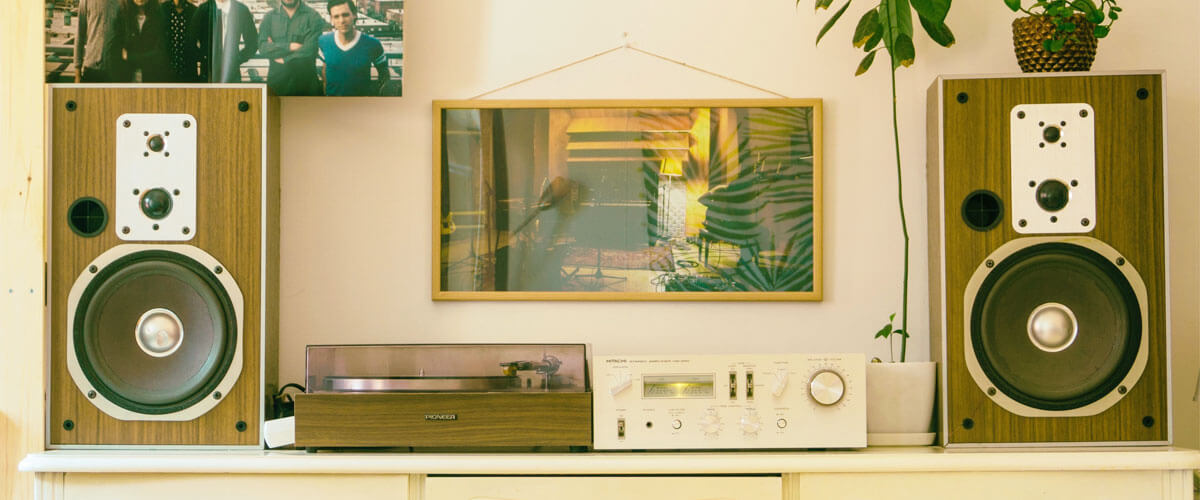
An underpowered amplifier can be more harmful than a more powerful one. If your amp doesn’t have enough power for the required volume, you’ll have to turn the volume knob straight up. Anyway, it’s most optimal to choose an amplifier with the recommended amplifier power for speakers.
This may cause the amplifier to send a clipped signal to the speaker. It can actually do some damage.
Problems can also arise if a powerful amplifier, for example, 150 W per channel, is connected to 75 W speakers and the volume is raised to the maximum level for a long time.
Step 3. Take into account the size of your room
You should also necessarily consider the parameters and general size of your room while choosing your audio equipment. Logically, the larger the room, the more powerful speakers and amp must be, and conversely, a room of the less size, the less powerful audio equipment is needed.
Step 4. Matching the price of AMP and speakers
Calculating the price for your speakers and the receiver is not any less important in choosing your amplifier or receiver and speakers. I recommend never saving your money on your audio system components choice.
If we were living in the 70s, the most reasonable advice would be to spend 50% of your budget for your audio system on your speakers, while the rest of it – on the amplifier and the player. Now, the most adequate distribution of your audio system budget is 30-40% on every part of it.

